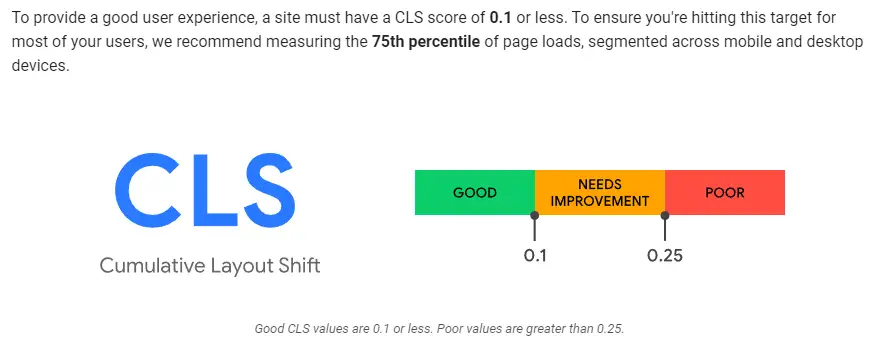
SEO for Lawyers: Your Guide to Getting More Clients Online
Hey there, legal eagles! As someone who's helped numerous law firms boost their online presence, I know firsthand how challenging it can be to stand out in the digital space. The legal field is competitive, and while you're busy fighting for justice in the courtroom, your website should be working just as hard to bring in new clients. Let me show you how to make that happen with SEO that actually works for law firms.

You know what's interesting? Many of my lawyer clients initially tell me the same thing: "Ken, I'm great at law, but this online stuff? It's like speaking a different language!" Don't worry - I'm here to translate that language into terms that make sense for your practice, and more importantly, into results that bring you more clients.
Why Your Law Firm Needs SEO (In Plain English)
Think about it - when someone needs a lawyer, what's the first thing they do? They Google it! And here's the truth: if your firm isn't showing up on that first page of results, you're missing out on potential clients who need exactly what you offer. It's like having a beautiful office in a building with no signs or directions - people can't hire you if they can't find you!
Here's What Actually Works for Law Firms:
- Local SEO Magic: Because let's face it, most people want a lawyer who knows their local courts and laws
- Practice Area Focus: Targeting specific keywords for your specialties (think "divorce lawyer in [your city]" or "personal injury attorney near me")
- Trust Building: Using content that shows your expertise (without the legal jargon that scares potential clients away)
- Google Business Profile: Your digital storefront that helps you show up in local searches
Real Results from Real Law Firms
Let me share a quick success story: One of our criminal defense clients in South Jersey was struggling to get noticed online. After implementing our SEO strategy, they went from page 4 to the top of page 1 for their key terms. The result? Their consultation requests tripled in just three months. That's the power of proper SEO!
Making Your Law Firm's Website Work Harder
Your website should be your hardest-working employee - available 24/7, never taking a vacation, and always ready to convert visitors into clients. Here's how we make that happen:
1. Content That Connects
Instead of just listing your services, we create content that answers the real questions your potential clients are asking. Think "What should I do after a car accident?" or "How do I know if I need a family lawyer?" This isn't just content - it's building trust before they even call you.
2. Local Presence That Matters
When someone searches for a lawyer in your area, you want to be right there at the top. We optimize your Google Business Profile and build local citations that help you dominate local search results. It's like planting digital signposts all over your city that lead right to your door.
3. Technical Stuff (Don't Worry, We Handle This)
While you're focusing on your cases, we take care of the behind-the-scenes work that makes Google love your site: fast loading speeds, mobile optimization, secure connections, and all those technical details that make a big difference in rankings.
Common Questions from Our Law Firm Clients
How long until I see results?
I'll be straight with you - SEO isn't a magic switch we can flip overnight. Typically, our law firm clients start seeing meaningful improvements in 3-6 months. But once those results kick in? They tend to stick around and keep growing.
What makes legal SEO different?
Legal SEO is unique because it's such a trust-based business. Nobody hires a lawyer on impulse! Your SEO needs to not just attract visitors, but demonstrate your expertise and build trust. That's why we focus on creating authoritative content that showcases your knowledge while still being accessible to potential clients.
How do you handle different practice areas?
Each practice area gets its own targeted strategy. Family law keywords and content are completely different from criminal defense or corporate law. We create custom approaches for each area you practice, ensuring you're visible to the right potential clients.
Ready to Get More Clients Through SEO?
If you're tired of watching other law firms show up above you in search results, let's change that. I've helped dozens of law firms transform their online presence, and I'd love to do the same for you. Want to chat about your firm's specific needs? Drop me a line - I speak both 'legal' and 'tech', and I'm here to help!






















